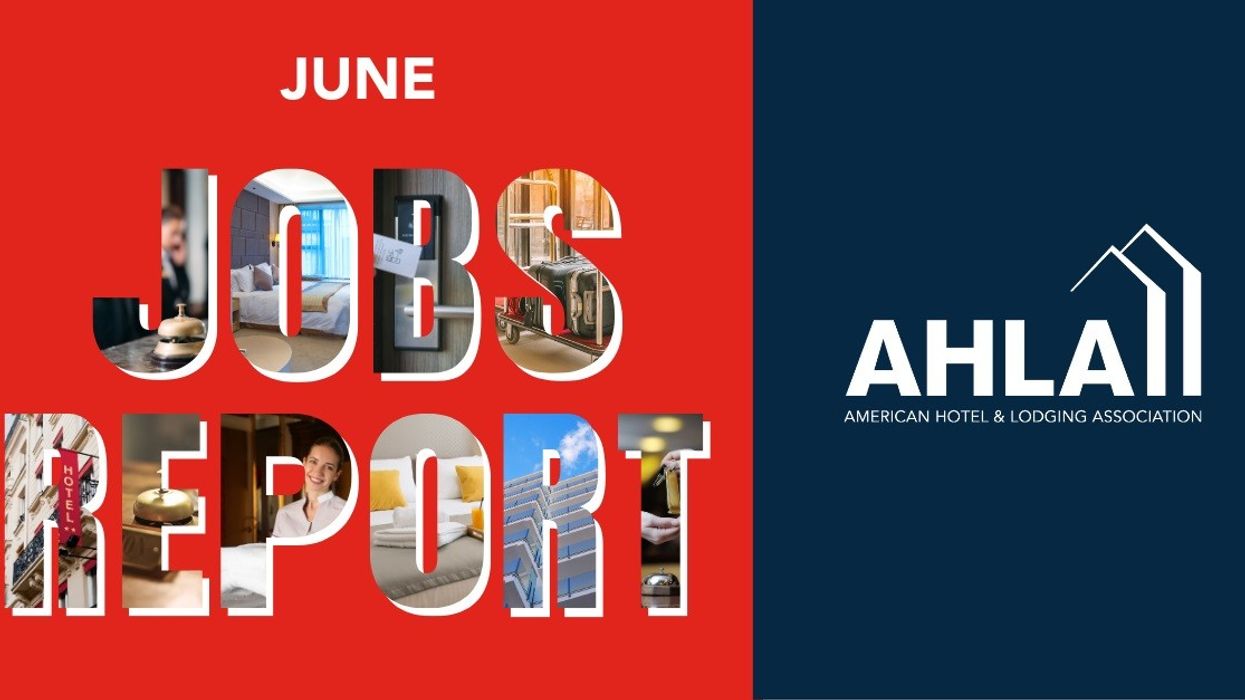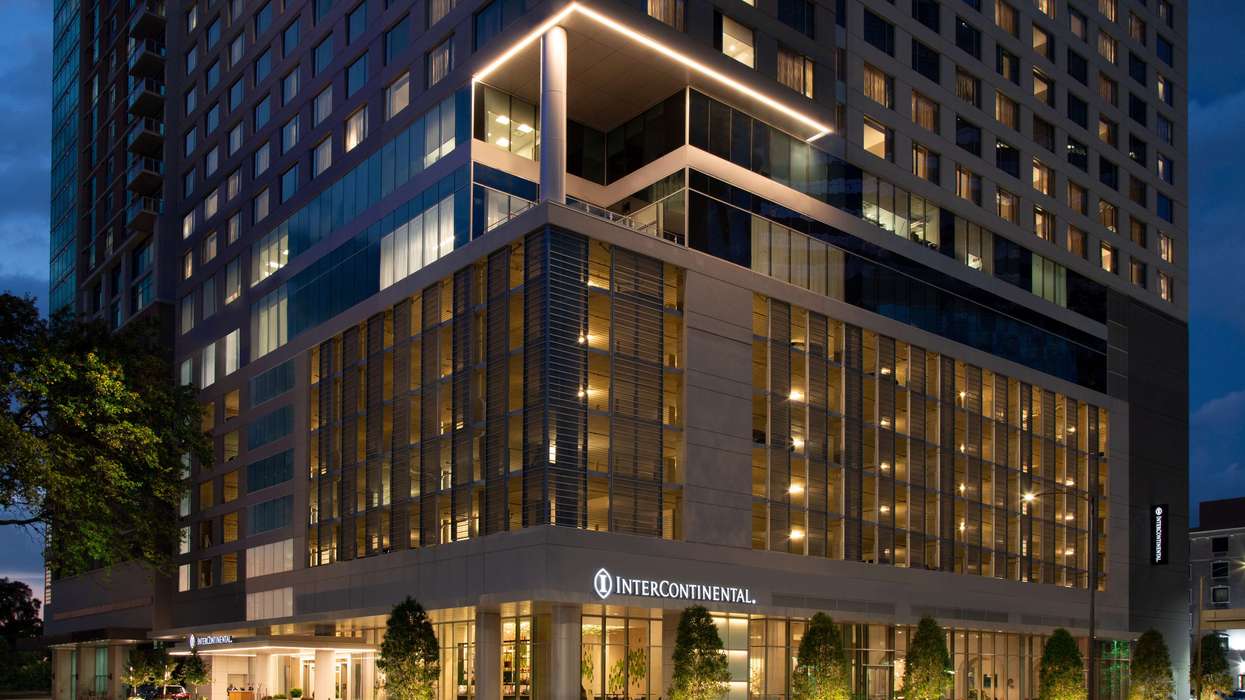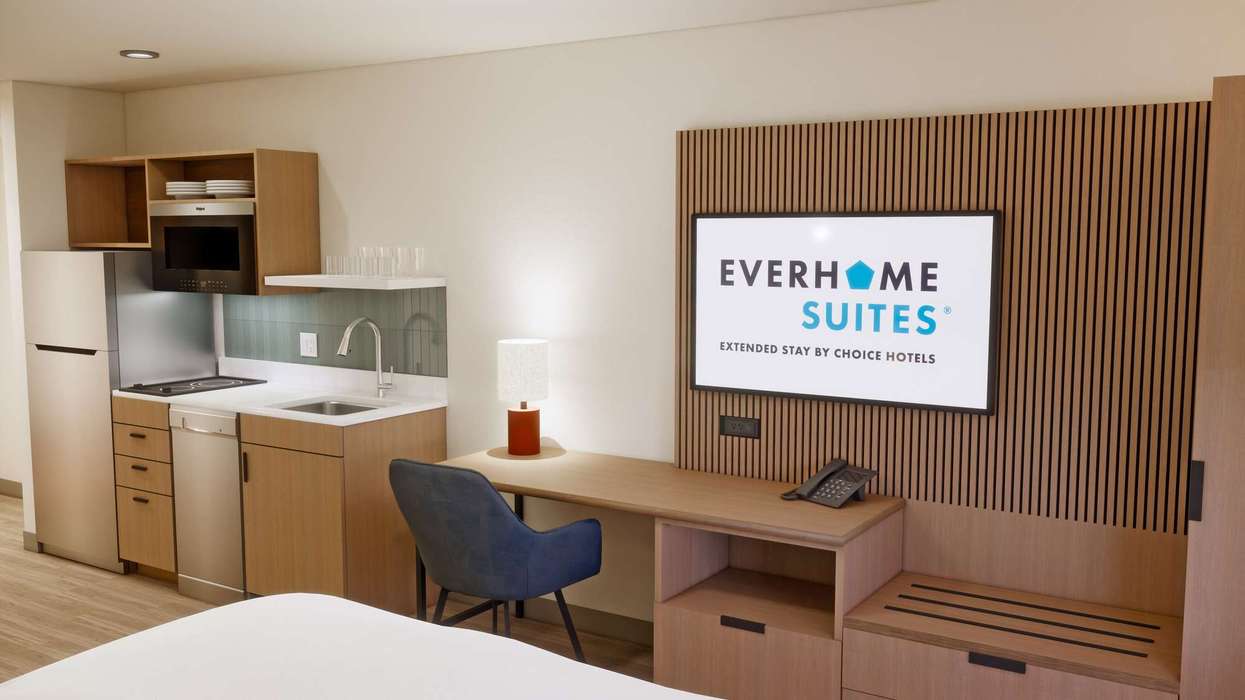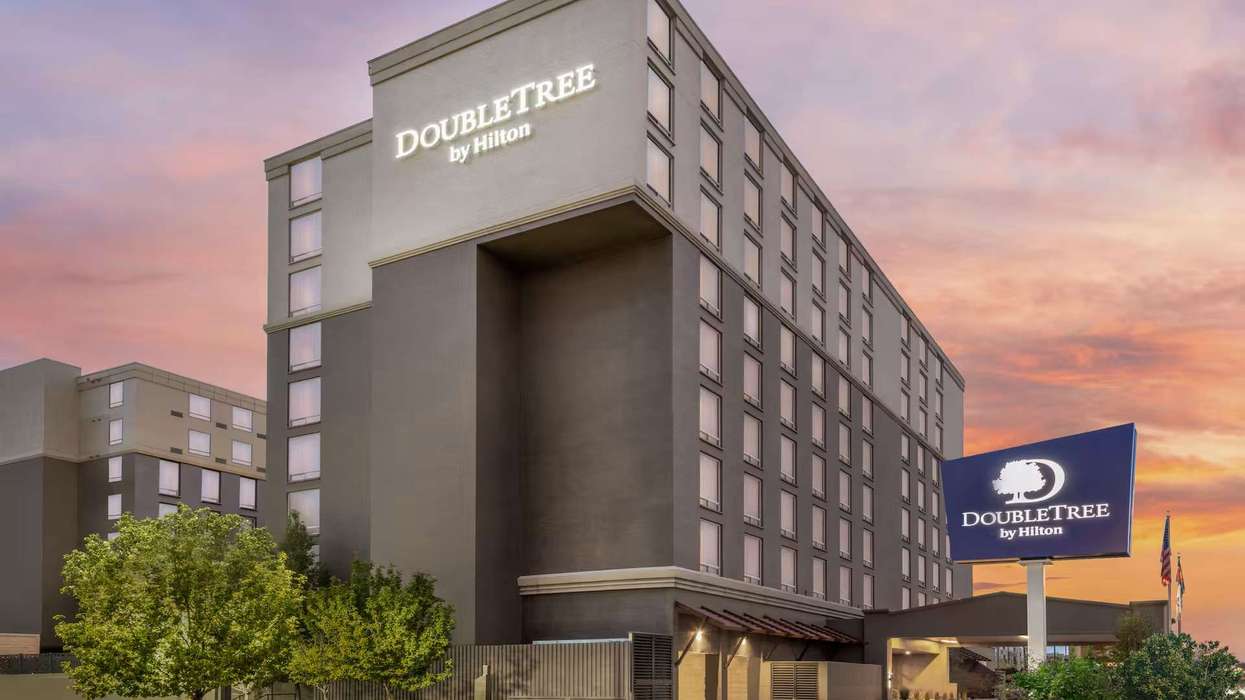U.S. HOTELS ADDED 700 jobs to their payrolls in June, according to the latest government data, but the nationwide workforce shortage continues to make it difficult for hotels to fill open positions, according to the American Hotel and Lodging Association. Total hotel employment stands at about 1.92 million, according to the Bureau of Labor Statistics, which is more than 196,000 fewer workers than in February 2020, reflecting a scarcity of available employees.
Bureau of Labor Statistics also revised down the total number of hotel jobs in the country, which eliminated job gains for the industry that were reported in prior months, AHLA said in a statement.
“Halfway through 2024, the hotel industry is behind where it needs to be when it comes to hiring staff, despite near-record high wages and expanding workplace benefits and flexibility,” said Kevin Carey, AHLA’s interim president and CEO. “The reason is the nationwide workforce shortage, which is preventing hoteliers from meeting their full potential as demand for travel remains strong. Both Congress and the administration can provide relief to our members, many of whom are small business owners, and AHLA will continue to call for action to expand the pool of available workers.”
Hotels continue to offer increased wages, benefits and workplace flexibility to attract and retain workers in the face of a nationwide workforce shortage:
Since the pandemic, average hotel wages have increased by 26 percent, outpacing the general economy's average wage increase of 22.2 percent, the statement said. Despite these raises, tens of thousands of hotel jobs remain open in the U.S., AHLA said, citing Indeed.com.
As of May, there were 8.1 million job openings in the U.S. but only 6.6 million unemployed people to fill them, according to the Bureau of Labor Statistics.
AHLA urged the Department of Homeland Security to promptly release nearly 65,000 additional H-2B visas, authorized by Congress in the Further Consolidated Appropriations Act. AHLA also called on Congress to pass bills supporting workforce expansion for hoteliers to sustain and grow their operations.
- The Closing the Workforce Gap Act of 2024 (H.R. 7574) aims to replace the 66,000 H-2B visa cap with a needs-based allocation system.
- The H-2 Improvements to Relieve Employers Act (H.R. 4708) proposes extending the H-2A/H-2B labor certification to three years and permanently waiving in-person interviews for returning workers. This would ease hiring in sectors facing recruitment challenges, such as hotels, by expanding the seasonal workforce.
- The Asylum Seeker Work Authorization Act (S.255/H.R.1325) would grant work authorization to asylum seekers at ports of entry 30 days after applying, under certain conditions. This change could help hotels meet staffing needs sooner, bypassing the current six-month work restriction.
Recent research by the AHLA Foundation showed that hotel industry jobs are expected to outpace overall job market growth in the next five years. The foundation also launched an interactive dashboard for job seekers to explore and compare roles, requirements and compensation across hospitality careers.






